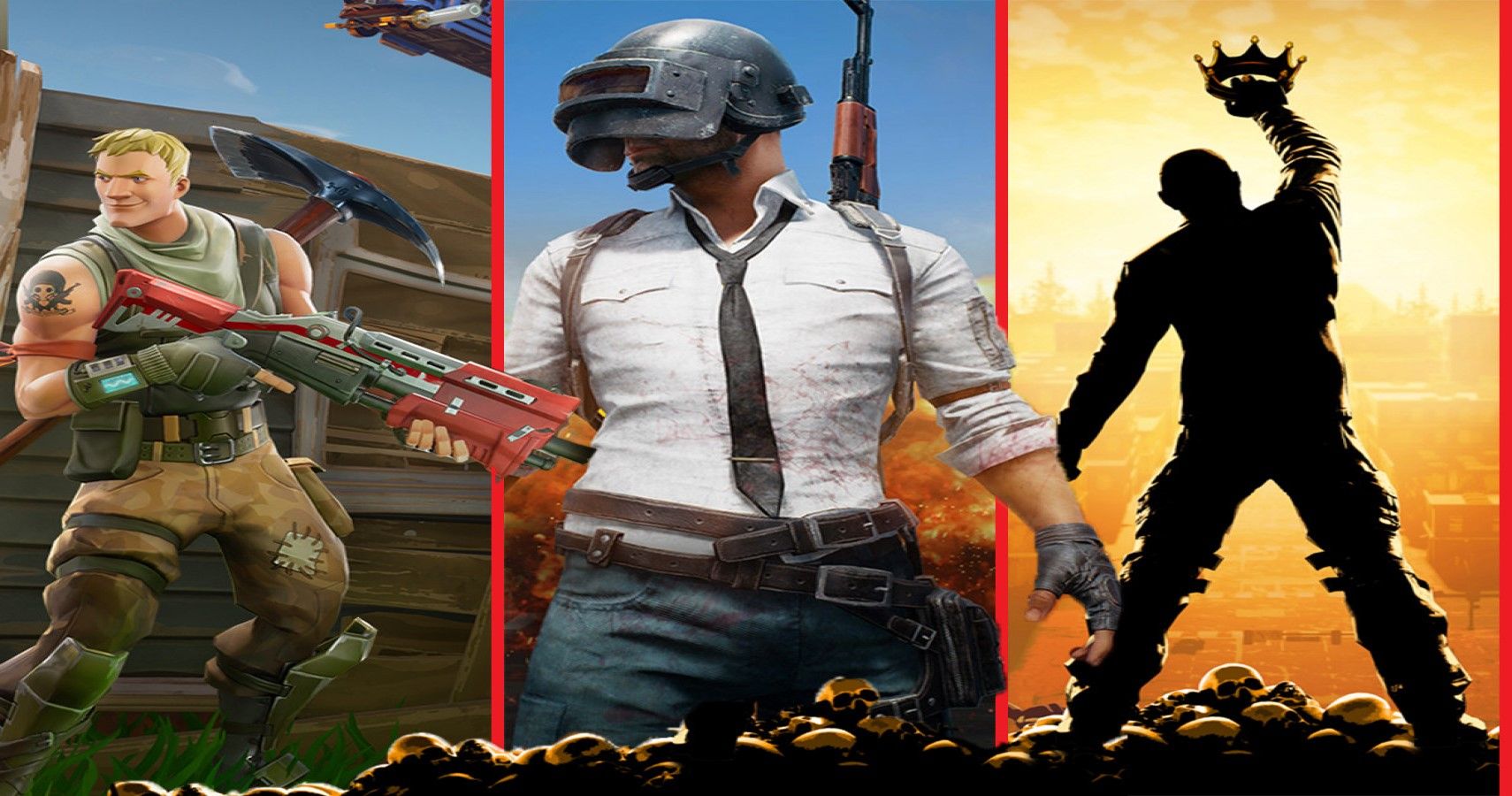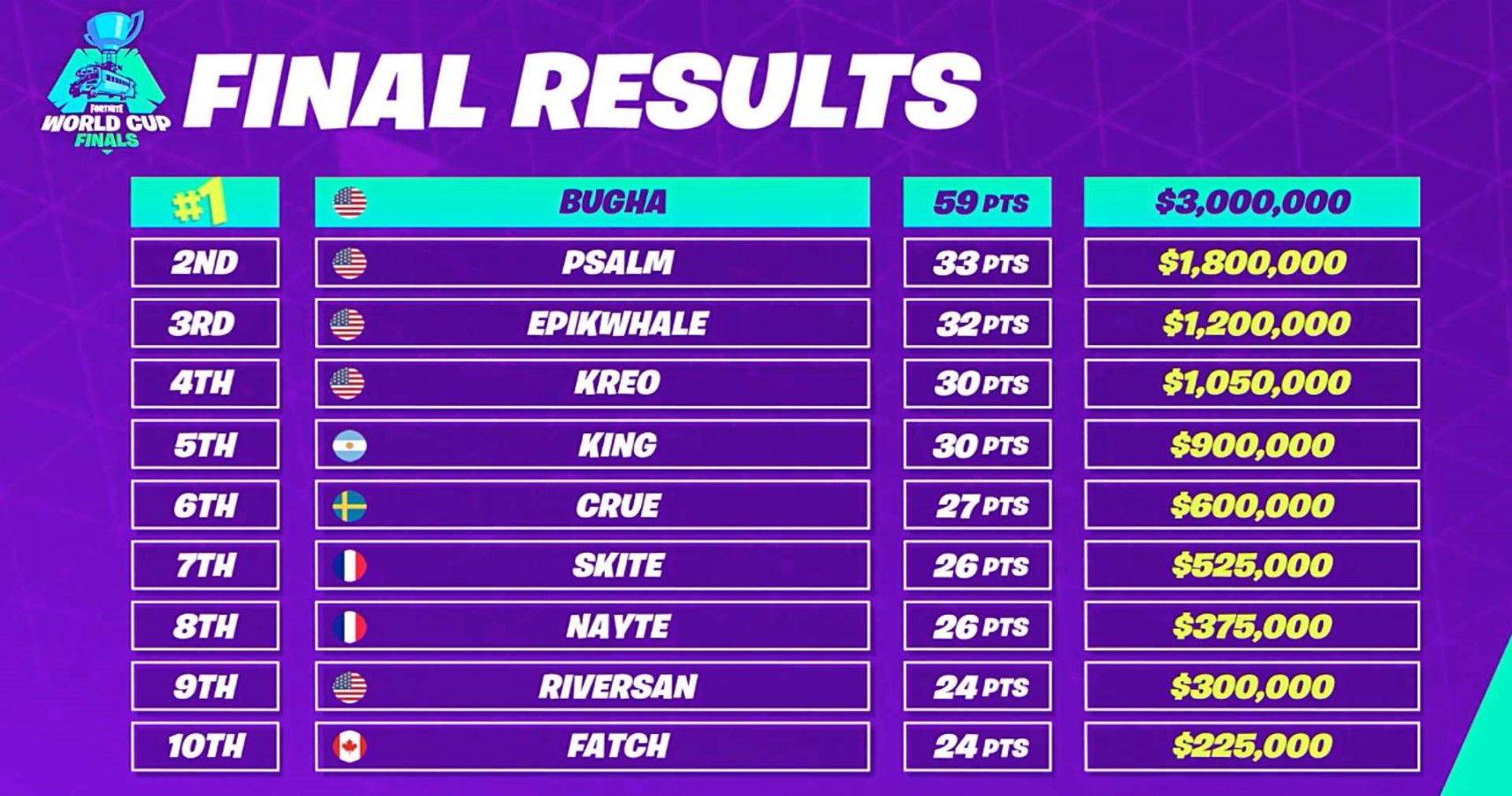With the rise in popularity of Playerunknown's Battlegrounds came an influx of battle royale games just like it, with Fortnite being chief among them. We'll explore the reasons why battle royales don't make good Esports and talk about why such games aren't economically sustainable.
When Playerunknown's Battlegrounds was released on March 23, 2017, it didn't take long for it to garner a large amount of interest from gamers around the world. While it had elements of both deathmatch and team deathmatch within it, there was a good bit of variation with each match thanks to the different spawn locations of vehicles and weapons. As more players joined the game, tournaments began offering prize pools eclipsing $100,000, with some of Esports biggest names including the likes of Team Liquid, Cloud 9 and Na Vi forming Esports teams. As impressive as these prize pools were, they would pale in comparison to what would come later with Fortnite, a game which just held a solo tournament that awarded the winner three million dollars.
RELATED: Apex Legends Vs Fortnite: Which Is Better?
While the money is certainly there, there has already been a decline in player participation for Playerunknown's Battlegrounds and Fortnite, giving a good indication of just how hard it's to keep such games relevant in the world of Esports. With that said, it's time we explore a few reasons why battle royale type games don't work in Esports.
Too Many Matches Are Decided By Luck Of The Draw
Don't get me wrong, there is certainly skilled players in Fortnite and Playerunknown's Battlegrounds, but the problem with such games is that the outcome of who wins the match is largely based on luck. If you're unfortunate enough to miss a drop or if you spawn in an area where there are more enemies, your chances of winning the match are greatly diminished. Add to this the fact that most weapon and item drops are generated completely at random and you have a recipe for allowing less skilled players to win a match simply because they happened to spawn with better items at the start.
Of course, a player's skill could overcome certain situations, but there are many weapons and items within battle royale games which allow players to make up for their lack of skill. This sort of mechanic works great for public play as it evens the playing field and makes the game fun for everyone, but in the world of Esports where every player is at top of the curve in terms of reaction time, these sorts of mechanics can make a huge difference in the outcome.
The Games Drag On For Too Long
The reason that Counter-Strike is still going strong after all these years is that the time in between rounds is below two minutes. Additionally, because of the low amount of time between rounds, viewers are likely to see an exchange between the teams very early on and continue to see these sorts of exchanges until the round itself has concluded. Depending on the type of strategy being used, Counter-Strike matches can last a grand total of fifty seconds or less.
Conversely, most battle royale games can go on for 20 minutes or more, with viewers only seeing most of the action within the last few minutes of the match as players are trying to battle their way to the last safe zone. In solo matches, depending on where each player spawns, viewers may be faced with watching their favorite player camp an area for three minutes or more before even attempting to move to another location. Additionally, because a victory isn't based on kills, but rather who is last alive, it is very possible to have a player get fifteen kills and lose the game while a player with only three ends up winning it. This is something that isn't possible in most competitive FPS's where the team with the most kills total tends to be the winner of a match.
Players Have Difficulty Being Consistent
For the reasons stated above, it's very difficult for any player to maintain their presence at the top in a battle royale type of game. Sure, they can up their level of skill to give them a better chance of winning exchanges, but they can't change how items spawn in the game or where other players will go during a match. If they are unlucky enough not to have items spawn near them or if players decided to gang up on them, they could lose multiple matches in a row despite being the better player.
This inconsistency in player success makes it difficult for any battle royale game to have iconic players who sponsors can use to push their products, making it difficult for tournaments to gain the backing necessary to remain in business. Since no one player or group of players can be consistent on skill alone, it becomes increasingly difficult for Esports teams to want to continue to invest in such games.
In games like CS Go, there are teams which compete at a high level and viewers expect them to do so from one tournament to the next. While upsets happen, they are few and far between because the game itself depends largely on skill and not the luck of the draw so to speak. Even with upsets, viewers can point to the skill of the other team and the things they do well which help to explain why they were successful. In battle royales, there are many instances where the better players were eliminated and viewers were faced with the realization that the better player, in fact, didn't win. It is for this reason and those mentioned above that battle royals will never have the lifespan or sustainability of other games in Esports.


